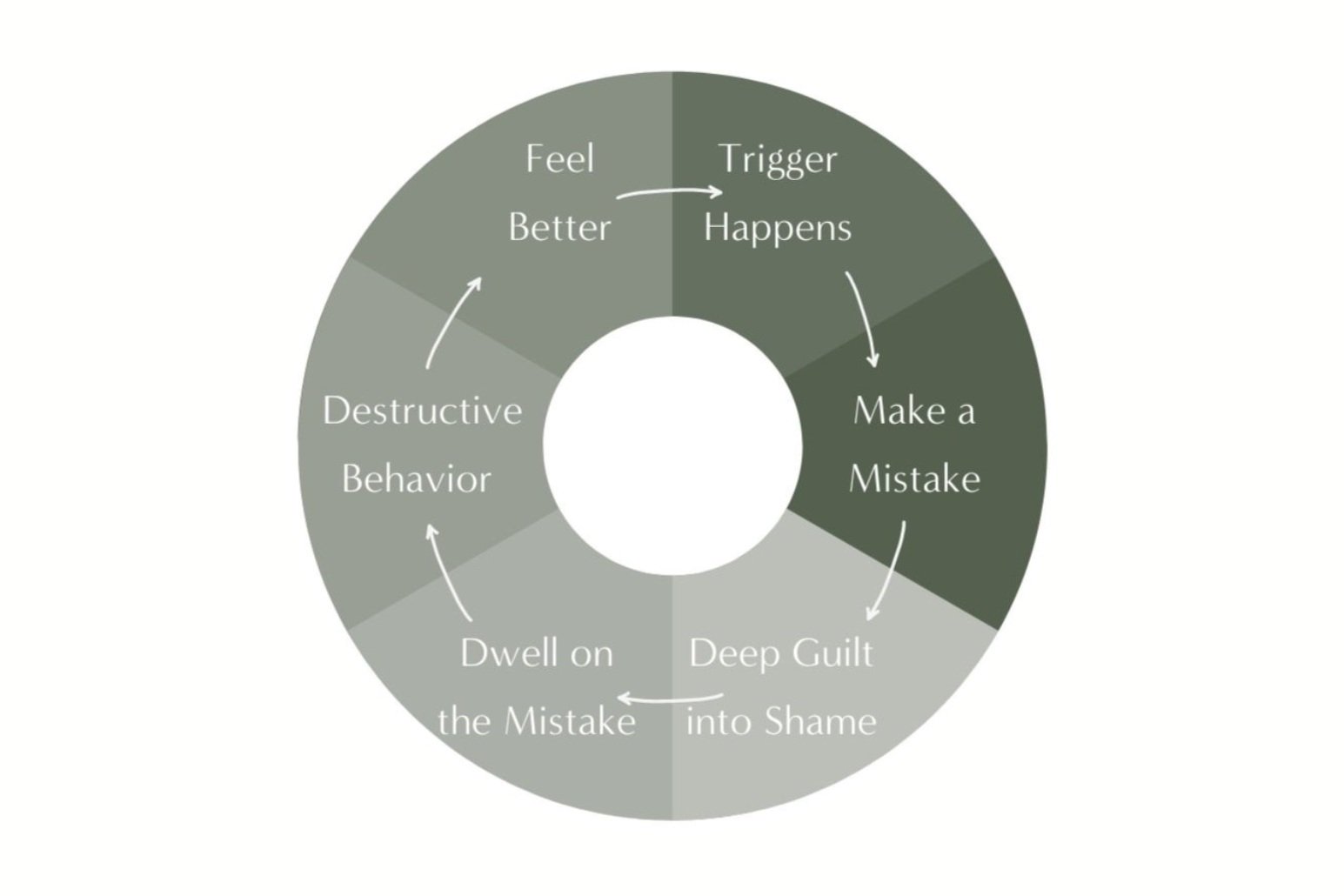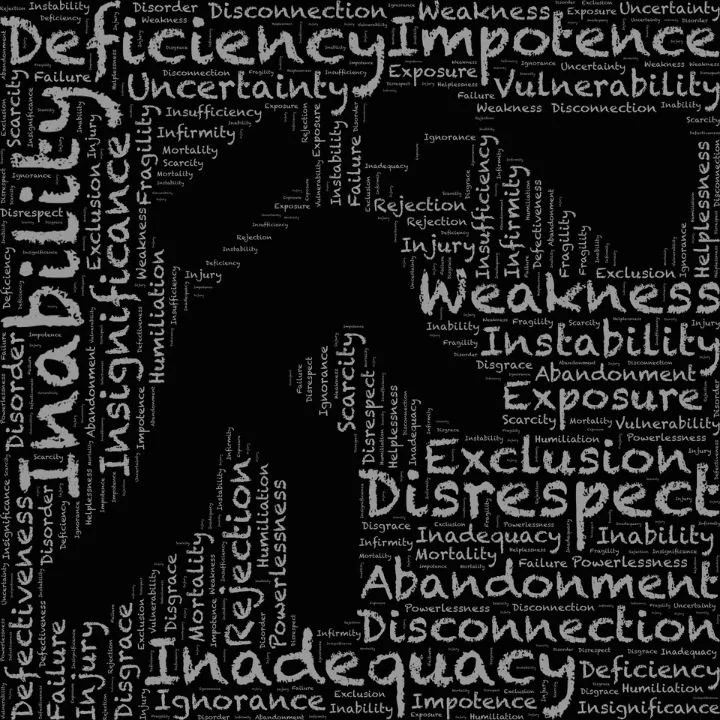
THE BLOG
Starting Fresh Without Shame: Hearing God in Restless Moments
Starting fresh without shame can feel hard when everything inside feels restless. This post explores how God meets you through emotional healing, faith-based therapy, and quiet inner awareness.
Healing from Shame: Walking into the New Year Shame-Free
Healing from shame creates space for grace, truth, and renewal. This reflection explores how to release shame and walk into the new year shame free.
Finding Your Center: Building Emotional Resilience and Stability
Centering clay on the wheel teaches us more than technique—it invites us to slow down, build resilience, and heal from shame. Discover how the tactile joy of pottery mirrors your emotional and spiritual journey toward wholeness.
A Pathway to Healing: Embracing Creativity to Overcome Emotional Wounds
Discover how pottery has become more than a creative outlet—it’s a personal journey of resilience, self-compassion, and healing. Explore the lessons I’ve learned about shame, faith, and the transformative power of embracing imperfection at the pottery wheel.
Overcoming Shame: Steps to Heal and Thrive
Shame is more than just a fleeting feeling—it's a powerful emotion that can deeply affect how we see ourselves and interact with the world. In our latest podcast episode, "Overcoming Shame: Steps to Heal and Thrive," we explore how shame differs from guilt, the common triggers that fuel it, and practical steps to break free from its grip. Whether you’re dealing with childhood trauma or everyday stressors, understanding and challenging shame is the first step toward healing and living a life of true freedom and empowerment.
Healing from Shame: A Whole-Person Approach
Learn about the shame cycle and how it can affect mental health. This blog covers how shame can lead to unhealthy coping mechanisms and patterns in relationships. It also explores the roots of shame in childhood and provides an understanding of how shame is a normal human experience that can be broken. Discover how the cycle of shame can be recognized and skillfully shifted towards healthier coping mechanisms, leading to a more positive sense of self.
A Tale of Finding My Voice
Finding My Voice: A Tale of Too Much? – Have you ever been told you’re too much? I have, and those messages followed me into adulthood.
It Wasn't Normal: The Impact of Childhood Abuse and the Road to Recovery
Sometimes childhood abuse can make survivors feel like their experiences were "normal," but the truth is that abuse is never normal. Coping mechanisms like denial, dissociation, and minimizing the abuse can make it tough for survivors to acknowledge the true severity of what happened. Childhood trauma can have long-lasting effects into adulthood, affecting relationships, trust, and even physical health. But the road to recovery is possible with the right support and resources, including therapy and self-care practices. Join us on the road to healing and never give up on the journey to recovery.
Overcoming Shame and Breaking the Cycle
Learn how shame can shape thoughts, emotions, and behavior, and explore a therapist’s six step approach to overcoming it. This post looks at where shame begins, how it impacts mental health, and how developing self compassion and understanding your patterns can support healing and a more authentic life.
The Shame Cycle
Learn about the shame cycle and how it can affect mental health. This blog covers how shame can lead to unhealthy coping mechanisms and patterns in relationships. It also explores the roots of shame in childhood and provides an understanding of how shame is a normal human experience that can be broken. Discover how the cycle of shame can be recognized and skillfully shifted towards healthier coping mechanisms, leading to a more positive sense of self.
Shame and Trauma
Experiences of trauma leave many victims with feelings of shame, a voice in their head telling them they are unworthy, disgusting, terrible, or irredeemable. Shame thrives on secrecy and will do anything it can to stop its story from being shared. There are many theories or reasons why trauma and shame may be linked. Let’s consider a few of them and, as we consider them, challenge ourselves to see any personal shame for what it is and allow ourselves to begin the healing process.
Shame Defined
Shame goes beyond feeling guilty. It questions your worth. Learn what shame looks like, how it shows up in your life, and why naming it matters











